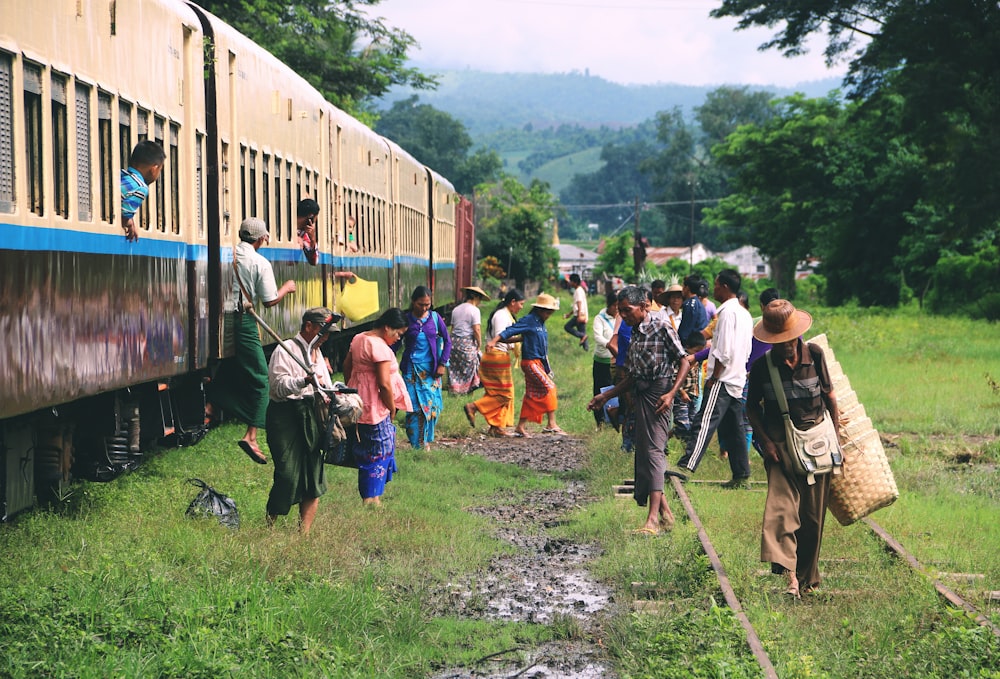For decades, the military rule had shut down any potential Myanmar had for developing a successful economy. Therefore, it comes as no surprise that Myanmar has remained one of the poorest countries in the world. Despite this, statistics gathered by the Asian Development Bank estimate that Myanmar may rise to have the fastest growing GDP of all the ASEAN economies, at 8 percent in 2018. Now making the huge transformation from military dictatorship to democracy, a new wave of entrepreneurs is emerging across Myanmar’s largest cities.
Industries thriving in Myanmar
Which industries in Myanmar are doing well? And where are Myanmar’s current priorities? As of 2011, Myanmar made the decision to liberalise its economy. This comes after years of a militarily-controlled economy.
Industries that are currently doing well are oil and gas. Also slated for an up turn this year is the expansive garment industry, which is key to the Yangon area and tourism, and is growing exponentially. Despite this, issues concerning national peace still hamper the economy.
As of July 2016, Myanmar introduced a long-awaited economic policy to address the problem of national reconciliation. Its key aim was to reduce the domination of certain ethnic groups by the military. Switching to a computerised system—another government priority—will help the country’s burgeoning industries, including its startup scene.
What do our entrepreneurs think about Southeast Asia?
The source of the growth
Considering this, where is growth slated to originate from in the coming years? According to Phandeeyar, the nation’s leading startup hub, it will come through local technology startups taking hold of the closing technology gap. Established in 2014, Phandeeyar aim is to accelerate change and development in the region—with a current mission to take advantage of key global trends. Currently, Myanmar has one of the highest and fourth-fastest growing smartphone and mobile phone user demographics in the world. For innovation labs that provide a ground for training and investing in startups—like Phandeeyar—that represents a huge opportunity. It was estimated that just six years ago only 1 percent of Myanmar’s population had Internet access.
Who are the region’s top VCs?
The companies leading the way
What companies have found a formula for startup success? For most tech companies, success has meant providing every kind of app service, from e-commerce, to food, and health. Out of all startup programs, however, Phandeeyar Accelerator program is helping Myanmar the most, supporting 8 to 10 startups per year. It is also responsible for a large percentage of Myanmar’s startup community. Following in the footsteps of other mushrooming startup nations like Thailand, India, and Malaysia, the race to catch up to Silicon Valley era tech entrepreneurship is on, with Phandeeyar Accelerator leading the way. Here are four of Myanmar’s up-and-coming startups:
- Chate Sat. Meaning “to connect” in the Burmese language, Chate Sat is an app that connects freelancers working on part-time projects with employers looking to employ them. It is a unique platform that has already connected 7,500 freelancers to 1,000 employers. In addition, it also secures payments and ensures project quality, replacing previously used Facebook groups. One of every four alumni is from the 2016 Phandeeyar Accelerator program.
- Flexible Pass. The first of its kind, Flexible Pass is a multi-purpose pass that allows users to access and enjoy the facilities at various fitness centres in the Yangon area. Like Chat Sat, its conception came from the innovation lab at Phandeeyar which recruits, supports, and provides funding for a wide range of Myanmar startups. It won two awards at the ASEAN Rice Bowl Start-up Awards in 2017.
- GoP. Not a new concept, but a strong one, GoP is an app where users can arrange their transportation, hotels, food, and travel excursions in Myanmar. It is particularly hot as tourism is becoming an important segment of Myanmar’s growing economy. According to the CEO, Nyunt Win Aung, the company is expected to book 3,000 reservations by the end of 2018; and will expand across Myanmar’s borders.
- Koe Koe Tech. An important milestone for Myanmar, Koe Koe Tech is a healthcare enterprise that has a humanitarian angle helping to modernise logistics and services across Myanmar’s rural areas. Arranging telephone consultations and delivering medicine to remote, rural areas, this app aims to reduce mother and child mortality rates by providing better access to healthcare needs.
What are the two moments that defined the Uber crisis in Southeast Asia
Myanmar’s startup scene is moving forward, but there are still barriers. According to the World Bank, only 30 percent of people in Myanmar had access to electricity in 2015. Despite this, a huge opportunity exists—with solutions to be had—as this once isolated country is beginning to thrive and move into the age of technology. As a result of these opportunities, some startups are registering in Singapore, while others are joining groups like Phandeeyar and choosing Myanmar.



Travel Myanmar with Columbus. Check out your tours on https://www.travelmyanmar.com